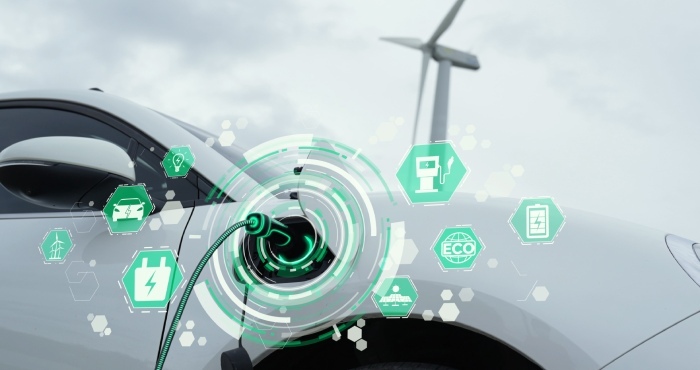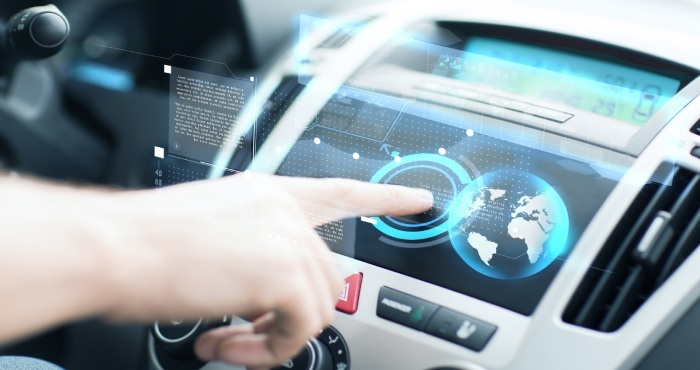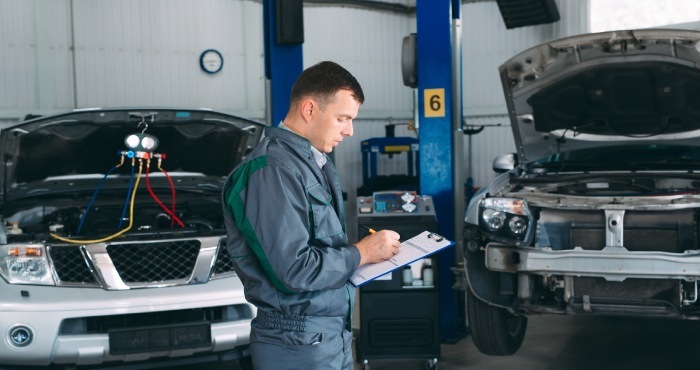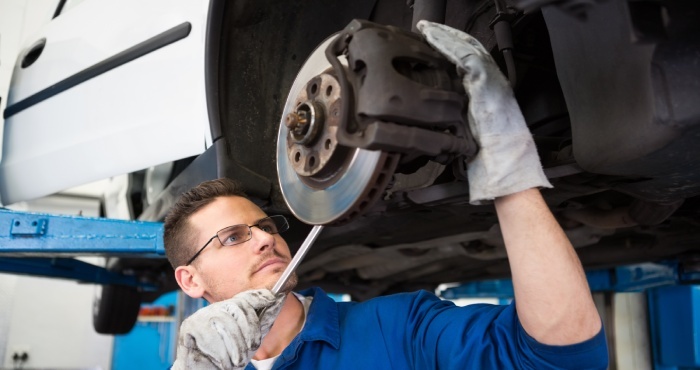In California, hybrid cars are gaining popularity thanks to their efficient fuel consumption, lower emissions, and advanced technology. Nevertheless, hybrids are still susceptible to malfunctions, just like any other vehicle. The combination of conventional internal combustion engines with intricate battery and electric components increases the likelihood of experiencing specific mechanical and technological problems. It is essential for consumers in California to be aware of how the state’s Lemon Law pertains to hybrid vehicles in order to safeguard their rights when faced with ongoing defects.
Overview of California Lemon Law
The California Lemon Law, officially called the Song-Beverly Consumer Warranty Act, protects buyers and lessees of new or certified pre-owned vehicles that turn out to be defective. If a manufacturer cannot fix the issue after a reasonable number of repair attempts, they are required to either replace the vehicle with a comparable one or provide a refund of the purchase price (with a mileage deduction).
The law applies to both personal and certain business-use vehicles, as long as the gross weight does not exceed 10,000 pounds and the owner has no more than five such vehicles in California.
For hybrid owners, the Lemon Law offers the same protections as for conventional vehicles. The difference lies in the added complexity of hybrid technology, which can make it more challenging to identify defects and evaluate repair attempts.
What Defines a “Lemon” in the Context of Hybrid Vehicles?
A hybrid vehicle can be classified as a lemon under these criteria:
Warranty Coverage Required
For a defect to be eligible, it must arise while the hybrid is still protected by the manufacturer’s original warranty or a certified pre-owned warranty. If there is no warranty in effect, the issue may not fall under Lemon Law protections.
Significant Defect or Safety Concern
The issue must have a considerable impact on the vehicle’s functionality, safety, or market value. In the case of hybrids, this typically pertains to problems like battery failures, issues with the charging system, or ongoing electrical problems.
Sufficient Repair Attempts
A hybrid may be deemed a lemon if the manufacturer or dealer has made several unsuccessful attempts to fix it. According to California law, this applies if there are two failed repair attempts for a serious safety issue, four for the same recurring problem, or if the vehicle has been out of service for more than 30 days.
For Lemon Law protections to be applicable, the owner must maintain the hybrid appropriately. Issues resulting from misuse, unauthorized modifications, or lack of care do not qualify for Lemon Law claims.
Common Hybrid Vehicle Defects Covered Under Lemon Law
Hybrid vehicles combine advanced systems that can lead to unique problems. Some of the most frequent hybrid-specific defects that may trigger Lemon Law claims include:
- Failures in Battery and Charging Systems: Hybrid batteries are intricate and expensive components. Issues may arise from early battery wear, an inability to retain a charge, or faults within the charging system.
- Problems with the Electrical System: Hybrid vehicles depend significantly on electronic control units (ECUs) for effective power management. Performance can be hindered by software bugs, malfunctioning sensors, or electrical wiring problems.
- Challenges with Transmission: A number of hybrids are equipped with continuously variable transmissions (CVTs), which may experience issues such as slipping, shuddering, or complete breakdown.
- Issues with Engine and Hybrid System Coordination: Ineffective coordination between the gasoline engine and the electric motor can result in stalling, rough engine starts, or a decrease in power.
- Brake System Malfunctions: The regenerative braking system, which transforms kinetic energy into battery-stored power, may fail, leading to inconsistent braking performance or safety risks.
- Errors in Software and Updates: Faulty onboard software or problematic over-the-air updates can trigger system failures or dashboard alerts that deactivate essential functions.
- Cooling System Failures: Effective cooling is crucial for hybrid systems to protect both batteries and engines. Broken cooling pumps or leaks can result in overheating and potential damage.
Why Hybrid Lemon Law Claims Can Be More Complex
Although the Lemon Law applies to both hybrid and conventional vehicles, claims related to hybrids tend to be more complicated. The sophisticated technology in hybrid cars often necessitates specialized diagnostic tools and technicians for troubleshooting, which can prolong repair times and complicate the process for consumers attempting to demonstrate defects compared to standard mechanical issues.
Moreover, sourcing parts for hybrids can be both challenging and costly. Components unique to hybrids, like high-voltage batteries and electronic modules, can be pricey and may require weeks or even months for replacement. This can leave vehicle owners without their cars for long stretches, leading to additional frustration.
Furthermore, many issues with hybrids arise from software or firmware glitches rather than mechanical breakdowns. Automakers frequently contend that these types of problems are typical for newer technologies, which can make it harder to file claims. Coupled with higher repair expenses, this resistance makes seeking Lemon Law remedies for hybrid vehicles a more complex endeavor.
Steps to Take If You Suspect Your Hybrid is a Lemon
If your hybrid vehicle is showing recurring defects, follow these steps to protect your rights under California Lemon Law:
Keep a Record of All Repairs
Ensure you maintain copies of all repair orders and invoices for your personal files. Each document should clearly detail the issue, the date, and the repairs that were attempted.
Monitor Vehicle Downtime
Record the total number of days your vehicle has been non-operational due to repairs. This information highlights the extent to which the defect has impacted your ability to use the vehicle.
Document Your Communications
Send written correspondence to both the dealership and the manufacturer regarding any persistent problems. Having a documented record will bolster your Lemon Law case.
Steer Clear of Unapproved Repairs
Refrain from utilizing independent mechanics for any warranty-related repairs. Engaging unauthorized service providers could result in manufacturers denying warranty coverage.
Seek Legal Advice on Lemon Law
Consulting a Lemon Law attorney can help navigate the claims process and advocate for you. In California, if you succeed in your claim, manufacturers are typically required to cover your attorney’s fees.
Remedies Available Under California Lemon Law
If your hybrid car is deemed a lemon under California’s Lemon Law, you may be eligible for one of the highest buyback rates available. Through a repurchase, you can recover the original purchase price, including your down payment, monthly installments, and qualifying related expenses. Keep in mind, however, that the manufacturer may apply a mileage deduction calculated from the point when the defect first appeared.
Alternatively, you have the option of receiving a replacement vehicle. In this scenario, the manufacturer will provide you with a new vehicle that is comparable in model or value. This solution is only available if you agree to take a replacement instead of opting for a refund.
Furthermore, California Lemon Law lawyers can help you pursue incidental and consequential damages. These damages may include reimbursement for costs directly tied to the defect, such as towing fees, rental car expenses, and other out-of-pocket charges incurred during repair attempts.
Hybrid Vehicle Case Examples
Various real-life examples demonstrate how the California Lemon Law has safeguarded owners of hybrid vehicles:
Battery Issues in the First Year:
A buyer acquired a hybrid SUV, but within 10 months, the battery failed on two occasions despite several repairs. Ultimately, the manufacturer bought back the vehicle in accordance with the Lemon Law.
Brake System Problems:
A hybrid sedan faced ongoing troubles with its regenerative braking system, which created safety concerns. After four failed attempts to fix the problem, the owner was given a replacement vehicle.
Software and Dashboard Malfunctions:
A hybrid vehicle owner experienced persistent warning lights and software updates that failed to rectify the problem. With the car spending over 40 days at the dealership, it became eligible for relief under the Lemon Law.
How Lemon Law Protects the Future of Hybrid Buyers
As California advances towards its bold clean energy targets, the appeal of hybrid and electric vehicles is expected to rise significantly. The state has revealed intentions to discontinue the sale of new gasoline-powered cars by 2035, paving the way for hybrids and electric models to take center stage in the automotive market.
In light of this shift, the importance of consumer protection under the Lemon Law is heightened. Purchasing a hybrid is a major financial commitment, and persistent issues can detract from both its environmental advantages and monetary worth.
California’s Lemon Law safeguards hybrid buyers from being stuck with unreliable cars and holds manufacturers responsible for ensuring quality and safety standards are met.
Hybrid cars provide a more environmentally friendly and efficient mode of transport; however, their intricate engineering may lead to ongoing problems. California’s Lemon Law serves to protect consumers from being burdened with vehicles that have significant safety, value, or functionality issues. By maintaining detailed repair documentation and consulting with a knowledgeable Lemon Law lawyer in San Diego, owners of hybrid vehicles can protect their investment and enjoy greater confidence in the rapidly changing automotive industry.








